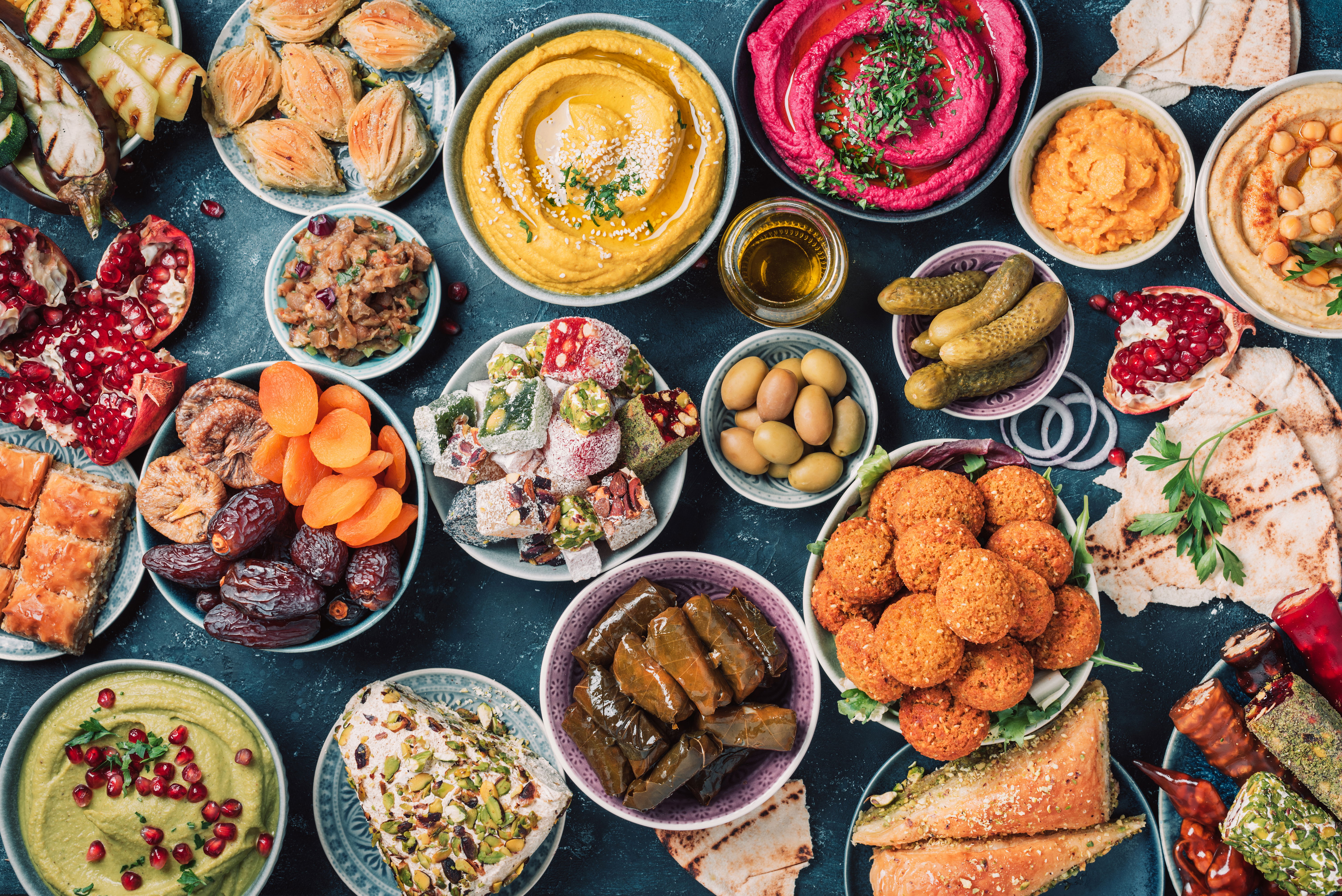Understanding Local Food Culture in Israel: A Culinary Journey for Foreign Workers
Welcome to Israel, a land where history, culture, and gastronomy intertwine to create a vibrant tapestry of flavors and experiences. As a foreign worker in Israel, you have a unique opportunity to dive deep into the local food culture, which is as diverse as the country's landscape. This guide will take you through the essentials of Israeli cuisine, offering insights and tips to help you navigate and enjoy the rich culinary heritage of this beautiful country.

The Melting Pot of Flavors
Israeli food culture is a melting pot, reflecting the myriad of ethnicities that have settled in the country. From Middle Eastern to Mediterranean influences, the diversity is astounding. At the heart of Israeli cuisine are fresh ingredients, bold flavors, and traditional recipes passed down through generations.
Must-Try Dishes
1. Hummus and Falafel: No culinary exploration of Israel can start without mentioning its most famous staples, hummus and falafel. These dishes are not only delicious but also deeply embedded in the country's food culture. For an authentic taste, visit Abu Hassan in Tel Aviv, a legendary spot popular among locals and tourists alike.
2. Shakshuka: A comforting dish of eggs poached in a sauce of tomatoes, chili peppers, and onions, often spiced with cumin. Dr. Shakshuka in Jaffa is famed for its rendition of this classic breakfast.
3. Sabich: This Iraqi-Jewish dish consists of a pita stuffed with fried eggplant, hard-boiled egg, salad, parsley, amba (mango pickle), and tahini sauce. Try it at Sabich Tchernichovsky in Tel Aviv for an unforgettable experience.
4. Israeli Salad: A refreshing mix of diced tomatoes, cucumbers, onions, and bell peppers, dressed with olive oil and lemon juice. It's a staple side dish that perfectly complements any meal.
Local Markets: A Feast for the Senses
To truly immerse yourself in Israeli food culture, visiting local markets (shuks) is a must.
The bustling Mahane Yehuda Market in Jerusalem and the vibrant Carmel Market in Tel Aviv offer an array of fresh produce, spices, baked goods, and street food.
These markets are not just places to shop but are also cultural experiences where you can observe the daily life of locals.
- Mahane Yehuda Market: Mahane Yehuda's Official Website
- Carmel Market: Carmel Market Information
Dietary Laws and Traditions
Understanding kosher laws is vital for navigating Israeli cuisine. Kosher dietary rules dictate how food is prepared and consumed. While not all Israelis keep kosher, many restaurants and establishments adhere to these guidelines. This includes the separation of meat and dairy products, and the prohibition of certain foods like pork and shellfish.
Seasonal and Festive Foods
Israel's calendar is marked by Jewish festivals, each with its unique culinary traditions. From the hearty meals of Passover to the sweet treats of Hanukkah, these occasions offer a glimpse into the country's rich cultural and religious tapestry.
Passover: Features unleavened bread (Matzah) and a special meal (Seder) that includes symbolic foods.-
Hanukkah: Known for sufganiyot (jelly-filled doughnuts) and latkes (potato pancakes).
Embracing Israeli Food Culture
As you embark on your culinary journey in Israel, remember that food is more than sustenance here; it's a way to connect, understand, and experience the Israeli way of life. Whether you're enjoying a beachfront meal in Tel Aviv, a traditional dinner in Jerusalem, or a snack from a street vendor, each bite tells a story of tradition, innovation, and the melting pot that is Israel.
For foreign workers in Israel, embracing the local food culture is not only about enjoying delicious meals; it's about understanding the heart and soul of the country. So, dive in, taste, savor, and let Israel's culinary delights enrich your experience in this diverse land.